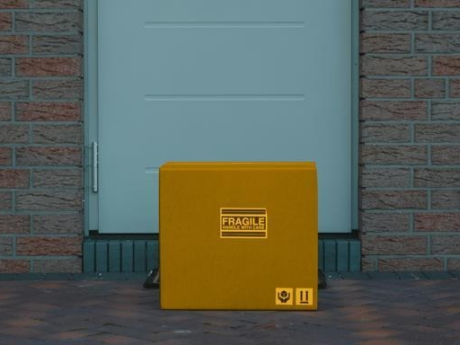Avoiding tax debt for the self-employed

Whether it’s offering a product or service, consulting, or renting, more and more Canadians are creating careers or second jobs as part of Canada’s self-employed gig economy.
What’s a “Gig Economy”? It describes a growing workforce made up of people earning a living through “gigs” like freelancing work or short-term contract jobs. Drivers of the Gig Economy are the brave many who choose to ‘be their own boss’.
The number of Canadians working second jobs or finding ‘side gigs’ is increasing – with 28% participating in the gig economy in 2023, up from 13% in 2022. The growth of the gig economy offers new avenues for Canadians to achieve self-driven employment opportunities and flexibility in where, how, and when they choose to work. Joining the gig economy also comes with risks, such as unpredictable income, economic uncertainty, and financial mismanagement
As a Licensed Insolvency Trustee, I’ve listened to many self-employed individuals share their financial challenges, most notably dealing with unconquerable tax debt. In many cases, the tax debt was so overwhelming that the only option was to file a personal bankruptcy. The importance of diligently filing your income tax returns and making your remittances to the Canada Revenue Agency (CRA) on time is critical, as it will save you the cost of penalties, interest, and financial stress.
To help you stay on top of your finances, I’ve shared three best practices for those participating in the Canadian gig economy:
1. Have a proper record-keeping system in place.
- The moment you start working for yourself is the moment you should start maintaining proper books and records. Not only will this help you at tax time, but in preparation for an audit from CRA, you’re expected to keep all paperwork for at least six years.
- Keep a record of your income/revenue and expenses, most importantly, the day-to-day transactions impacting your business. Multiple methods are available, like using software or a spreadsheet, that can help you stay organized.
2. File your taxes on time.
- Ensure you know your deadlines, especially the filing deadline for self-employed tax returns. In addition, knowing when you must have your remittances paid will help you avoid interest charges.
- Filing your return late will trigger penalties. The moment you’re late CRA charges you 5% of the balance owing as a penalty, plus an additional 1% for every month the return is late. Over the year, this could add up to a maximum penalty of 17%.
- Familiarize yourself with CRA’s online portals called “My Account or My Business Account” where you can check on the status of your tax accounts (like your GST account), the remittances you’ve made, and stay on top of important due dates.
3. Understand that the cash you receive from a job you complete isn’t disposable income you have available to spend as you wish.
- Ensure you don’t overlook the fact that your income is still subject to taxes. A good routine is to set aside 20-25% of what you earn for taxes. Make note of each deadline for filing your tax return and when payment is due to CRA to avoid interest and penalties.
- An accumulation of tax debt year over year has dire consequences. CRA has several powers and remedies to collect outstanding debts, often with no notice given to you.
How does CRA collect tax debt:
- They charge compounded interest daily, often motivating people to pay their balance off as quickly as possible or seek help.
- GST credits or future tax refunds are put towards your debt. CRA can use a ‘statutory set-off’ that applies your credits and refunds to the tax debt.
- They may seize your bank account. They can implement a garnish without going to court and serve notice on your bank or any party who owes you money.
- They may take the equity in your home. CRA can register your debt with the Federal Court of Canada and obtain a "Certificate,” -- a type of judgment order. This certificate can be registered against your property, which means if you sell it, CRA gets first access to your home's equity, and you receive whatever remains.
How to find support
These are stressful situations, but being proactive is key to ensuring you stay on the good side of CRA. Taking simple steps like hiring a good bookkeeper or accountant to help you stay compliant while you focus on the business is money worth spending. Be realistic about your skills and abilities when it comes to business results. It’s true that record keeping isn’t everyone’s strong suit, but CRA doesn’t see this as an acceptable reason to ignore tax filings and remittances.
When in doubt, seek help from a professional. If you need help getting started, seek help from a tax professional. If you’re struggling financially and worried about paying off your tax debt, speak to a Licensed Insolvency Trustee about your options before CRA acts against you.
Learn more about Income Tax Debt.
Take the first step to debt freedom
Speak to one of our debt solutions professionals during a free, no-obligation consultation.
Related articles
Loading








